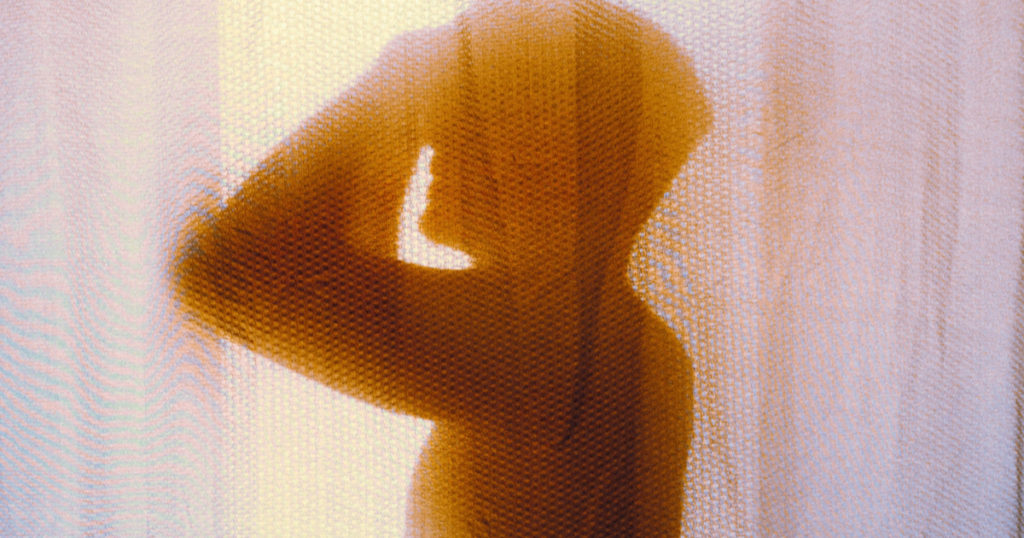Summary
- Obstructive Sleep Apnea (OSA) prevails in about 5% of the population, out of which 80% remain undiagnosed.
- Of all people suffering from depression, about 20–30% have co-existing mood disorders and cannot improve through therapies.
- The lack of sleep during the night causes excessive daytime drowsiness, lack of alertness, low concentration, and a higher depression rate, leading to severe mood disorders.
- During an apnea episode, the brain receives a ‘panic’ signal. The patient wakes up to revive breathing, and the patient’s sleep gets disturbed.
- The treatment of OSA through CPAP remarkably improves neurocognitive function as the patient is able to get better sleep and feels more revitalized and re-energetic
- If you have sleep apnea, depression, or anxiety symptoms, consult your doctor as soon as possible to treat your condition adequately and prevent any complications.
Sleep apnea is a sleep disorder characterized by episodic, momentary pauses in breathing while the individual sleeps at night, resulting in sleep disruption due to breathlessness. This condition leads to symptoms such as insomnia, headache, fatigue, and daytime sleeping.
Obstructive Sleep Apnea (OSA) is a common condition in adults, which prevails in about 5% of the population, out of which 80% remain undiagnosed. [1] Likewise, depression has become one of the major causes of disability worldwide. Of all the people suffering from depression, about 20–30% have co-existing mood disorders and cannot improve even after receiving therapies. [2]
Is There A Link Between Sleep Apnea And Depression?
Studies have shown that sleep apnea and depression are the two associated comorbidities, which can immensely improve the patient’s health if detected early and treated promptly.
While about 18 million Americans suffer from sleep apnea, 15 million people experience major depressive episodes each year. So it’s likely that a substantial number of individuals are inflicted with both conditions simultaneously. [3, 4]
Both OSA and depression are associated with mood swings, irritability, anxiety, fatigue, and poor concentration. Thus, in patients with OSA, Major Depressive Disorders (MDD) should be ruled out prior to treatment. These co-related problems must be appropriately diagnosed to be treated effectively [5]
Can Sleep Apnea Affect Mental Health?
The obstruction of breathing in sleep apnea results in hypoxemia (lack of oxygen) in the body due to the collapse of the upper airway during sleep. The lack of sleep at night results in excessive daytime sleepiness, lack of alertness, poor concentration, and a higher depression rate, leading to severe mood disorders.
Studies have found a high association between OSA and psychiatric disorders, particularly MDD. Those patients who have psychiatric disorders and present symptoms of disturbed breathing during sleep should be screened for OSA.
The treatment of OSA through continuous positive airway pressure (CPAP) remarkably improves neurocognitive function as the patient is able to get better sleep and feels more revitalized and re-energetic. This results in an immense improvement in their quality of life. [5]
Why Does Sleep Apnea Cause Anxiety?
Anxiety occurs due to your body’s response to physiological issues such as stress. During an apnea episode, the brain receives a ‘panic’ signal, due to which the patient wakes up to revive breathing. As a result, a peaceful night’s sleep is hindered, and sleep apnea anxiety attacks are provoked.
Persistent insomnia builds upon exhaustion and eventually makes it extremely difficult for the patient’s brain to deal with the stress. As the frequency of sleep apnea episodes increases, the risk of strong mood disturbances and irritability increases exponentially. [6]
Bottomline
The negative impact of OSA encompasses various organs, leading to the onset of heart diseases as well as neurocognitive problems. Recent scientific research has reported that if OSA is not promptly treated, it may result in a plethora of complex health issues, including multiple psychiatric disorders like anxiety and depression. Therefore, if you have sleep apnea, depression, or anxiety symptoms, it is crucial to consult your doctor at the earliest so that your condition is diagnosed and treated accordingly to prevent any further health complications. [1]
References
- Shoib S, Malik JA, Masoodi S. Depression as a Manifestation of Obstructive Sleep Apnea. J Neurosci Rural Pract. 2017;8(3):346-351. doi:10.4103/jnrp.jnrp_462_16. https://www.ncbi.nlm.nih.gov/pmc/articles/PMC5488552
- Sandoiu A. What is the link between sleep apnea and depression? July 2019. https://www.medicalnewstoday.com/articles/325839
- Jean-Louis G, von Gizycki H, Zizi F, Dharawat A, Lazar JM, Brown CD. Evaluation of sleep apnea in a sample of black patients. J Clin Sleep Med. 2008;4(5):421-425. https://www.ncbi.nlm.nih.gov/pmc/articles/PMC2576327/
- Anonymous. Facts and Statistics. Anxiety and depression association of America. https://adaa.org/about-adaa/press-room/facts-statistics
- Jehan S, Auguste E, Pandi-Perumal SR, et al. Depression, Obstructive Sleep Apnea, and Psychosocial Health. Sleep Med Disord. 2017;1(3):00012. https://www.ncbi.nlm.nih.gov/pmc/articles/PMC5836734/
- Admin. Are sleep apnea and anxiety disorder related? Goodsomnia. Jan 2020. https://goodsomnia.com/blog/snoring-sleep-apnea/are-sleep-apnea-and-anxiety-disorder-related/


